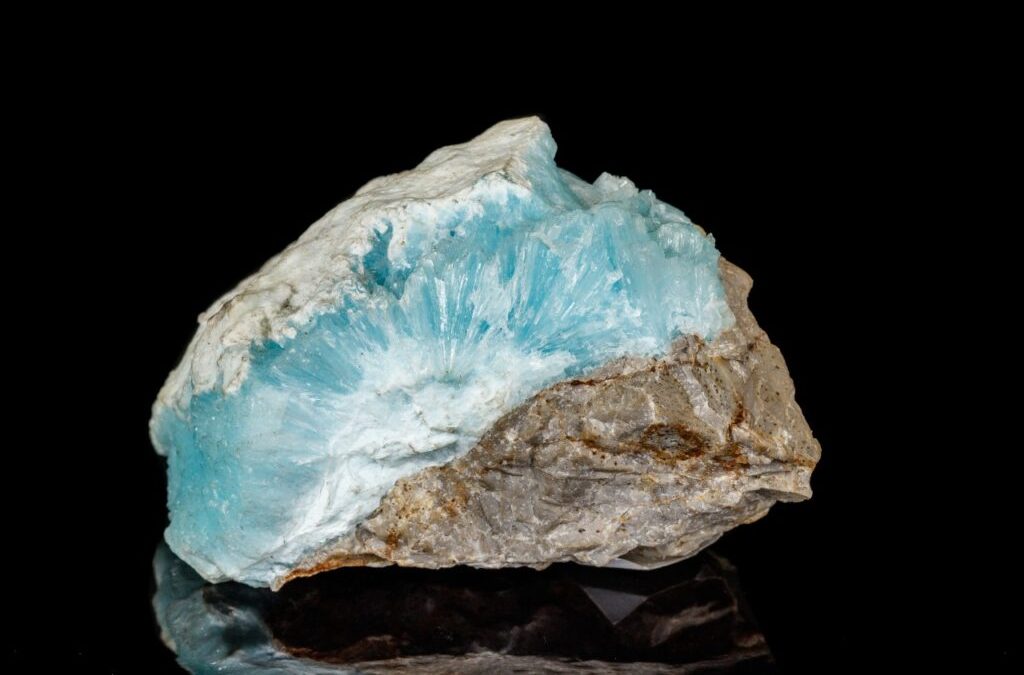Cobalt Blue has made strides in developing its Kwinana cobalt refinery in Western Australia, with testwork demonstrating over 95 per cent cobalt extraction from several feedstocks.
Cobalt Blue is developing the Kwinana cobalt refinery to process critical battery metals from third party feedstock and mixed hydroxide precipitate from the nearby Broken Hill cobalt project.
The company carried out testwork at the Broken Hill Technology Development Centre throughout 2024, which focused on leaching potential key feedstock sources such as cobalt hydroxide and cobalt-nickel sulphide precipitate.
Recently, Cobalt Blue expanded the testwork to include feedstock sources. These included cobalt hydroxide from an unnamed major global supplier, Black mass from Ecobatt, and cobalt intermediate from battery recycling in India.
Each of the testwork programs successfully demonstrated cobalt extractions of more than 95 per cent.
“Following leaching, the testwork program has covered separation of cobalt using precipitation, ion-exchange, solvent extraction, and crystallisation techniques,” Cobalt Blue said.
“Cobalt Blue is aiming to produce cobalt sulphate heptahydrate in conformance with stringent Japanese market specifications. The most recent testwork has achieved purification of the cobalt sulphate, removing zinc, copper, iron, manganese, nickel, and magnesium to target levels.”
The testwork program will expand to cover other forms of separate cobalt, nickel, manganese and lithium chemicals for lithium-ion battery cathode manufacturing and to create representative samples to show potential offtakers.
To further evaluate the potential of treating black mass from battery recycling, Cobalt Blue has entered into a memorandum of understanding (MoU) with Ecobatt.
The MoU will see both companies evaluate opportunities to do with processing black mass into critical minerals to re-enter the battery supply chain, creating a circular economy in the process, which refers to a model of production and consumption involving sharing, recycling and reusing existing materials and products for as long as possible.
The MoU will be in place until December 31 2025 unless terminated early by either party.
Alongside successful testworks, consulting and engineering services firm Tetra Tech is progressing the Kwinana cobalt refinery’s detailed design study, with the case nearing completion for a project financing decision in 2025.



